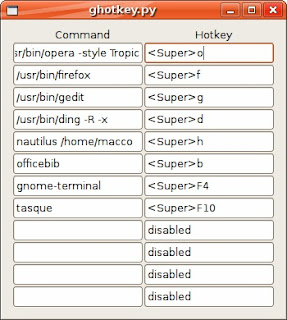What makes me wonder is the fact that Opera is so unpopular. It seems that the market share of Opera is about 2%. Thinking about it I came to the conclusion that Opera had bad marketing and a difficult distribution. The product itself is definitely not the problem. Opera is for sure better than Explorer or Safari and it is on a par with Firefox, that is less thoughtfully crafted and has less features than Opera, but is way more extensible.
What are the issues then?
The first thing that comes to mind, is the bad name. An opera is not something very exciting for the group of early adopting internet users.
Therefore the name is not very memorable and does not produce strong emotions. Maybe they should have called it more like "Rock-Concert" or "Madonna". If you compare Opera to its main competitor Firefox, you see how lame the name is.
A second point is the distribution channel. Unlike the Internet Explorer and Safari, Opera is not preinstalled on Computers. This makes the first point even more important, because people can not install software that they can not remember. By the way, being not preinstalled too makes the success of Firefox even more striking.
Another problem is that Opera has no core customer base. For Firefox are these (Web) developers and Open-Source advocates. For Safari are these all the Apple fans, that think Apple can not do wrong. Maybe Apple should charge more money for Safari :).
What can Opera Software do about it?
To gain a bigger market share on the desktop computer Opera Software needs to find its niche. At the moment it seems that Opera is focusing on the mobile browser market. Indeed they are very successful there. A strategy could be that people who love the mobile version of Opera use the desktop version to use the syncronising features that Opera offers. In my opinion this strategy in very dangerous, because I personally think it is more likely people will change to the mobile version of their actual desktop browser if a decent mobile version is available or stick to the preinstalled browser.
Whatever the future will hold for Opera, I hope that this very nice Web browser will be available for download in the future. Otherwise my experience on the web would be much lesser.



